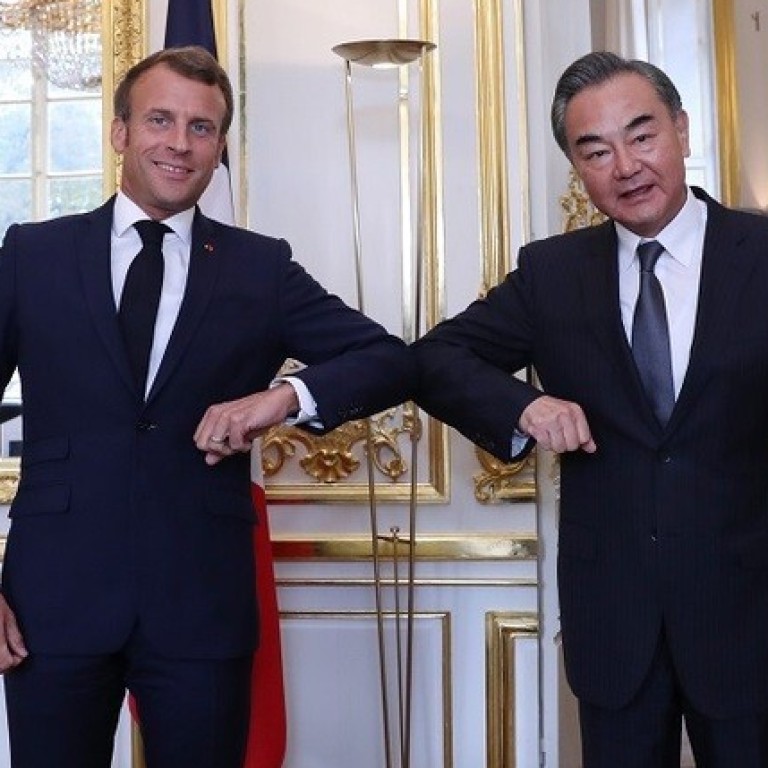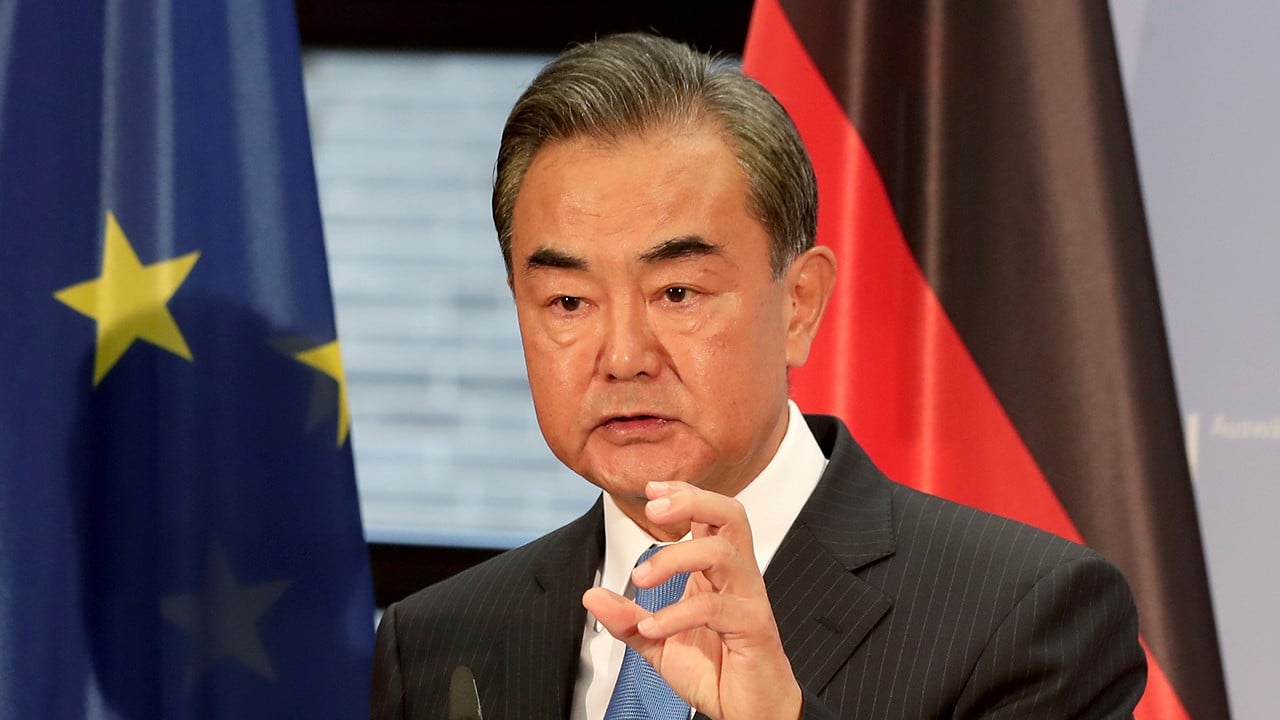
China must deliver on opening up promises ahead of Xi Jinping’s ‘last chance’ EU virtual summit next week
- President Xi Jinping is expected to take part in a virtual summit with European leaders, including German Chancellor Angela Merkel, on Monday
- The talks are seen as key as Beijing tries to convince Europe it is sincere about opening its markets and free trade ahead of the US presidential election
European officials and business delegates on Tuesday urged the Chinese government to take concrete steps to open up its market and remove barriers to foreign firms ahead of the “last chance” virtual summit between President Xi Jinping and European leaders, including German Chancellor Angela Merkel, expected to take place on Monday.
“We have to fill the gap [between reality and promises],” European Union ambassador to China, Nicolas Chapuis, said in Beijing on Tuesday.
“How can you say that you want global cooperation in the World Health Organisation to fight the [coronavirus], and not allow investment from the EU in [domestic] genetics and pharmaceuticals?

04:45
China’s most-senior diplomats, Wang and Yang, conclude back-to-back visits to Europe
Chapuis’ complaints, made during a forum at the China International Fair for Trade in Services, partly reflect growing European frustrations about China’s seeming unwillingness to follow through with concrete actions to back its opening up promises, a factor that is hindering the process of negotiating a bilateral investment treaty.
According to Chapuis, the investment agreement will have three chapters, namely non-discriminatory competition, market access and labour standards.
The EU is expecting China to give us access, not because we want privileges, but because we believe it is the condition for continued globalisation
“We are finalising the investment agreement. It’s difficult,” added Chapuis. “The EU is expecting China to give us access, not because we want privileges, but because we believe it is the condition for continued globalisation.
“China will make its decisions. The only one that would benefit China in the medium and long-term is reform.”
Beijing has attempted to draw closer to the European Union amid rising tensions with the United States, with Foreign Minister Wang Yi having concluded a trip to France, Germany, Italy, Norway and the Netherlands last week.
On Thursday, the European Union Chamber of Commerce in China will also publish a white paper detailing “800 recommendations” to tackle the challenges created by the coronavirus pandemic and the US push for decoupling, according to chamber president Joerg Wuttke.
We need a deal, we need something solid. Promises are one thing, a deal is something else
“We don’t need promises any longer, as our chamber has pointed out the term ‘promise fatigue’. We need a deal, we need something solid. Promises are one thing, a deal is something else,” Wuttke said at the forum in Beijing.
Wuttke, who has prioritised market access as the top European concern, said European investors are not receiving reciprocal treatment from China in the areas of port operations and legal services.
China’s state-owned shipping giant Cosco has bought a majority stake in the Greek port of Piraeus, using it as a gateway to the European market, although it is not possible for a European firm to buy a Chinese port and then use it as a transport hub for South Korea, Wuttke explained.
European lawyers are also not able to open a law firm in China, but a Chinese lawyer can do so in Europe, he added.
He complained about China’s strict internet controls, saying “we need to move away from intranet to internet”.
At the same time, Wuttke said that the European chamber believes China’s purchasing power can surpass the three economies of South Korea, Japan and Taiwan combined in the next three to five years, while also adding that foreign businesses can continue to help China’s development.
In Shanghai alone, there are more than 87,000 foreign companies, of which more than 10,000 are from Europe and 14,000 are from the US, with foreign companies contributing to a quarter of the city’s gross domestic product as well as 60 per cent of its foreign trade.

